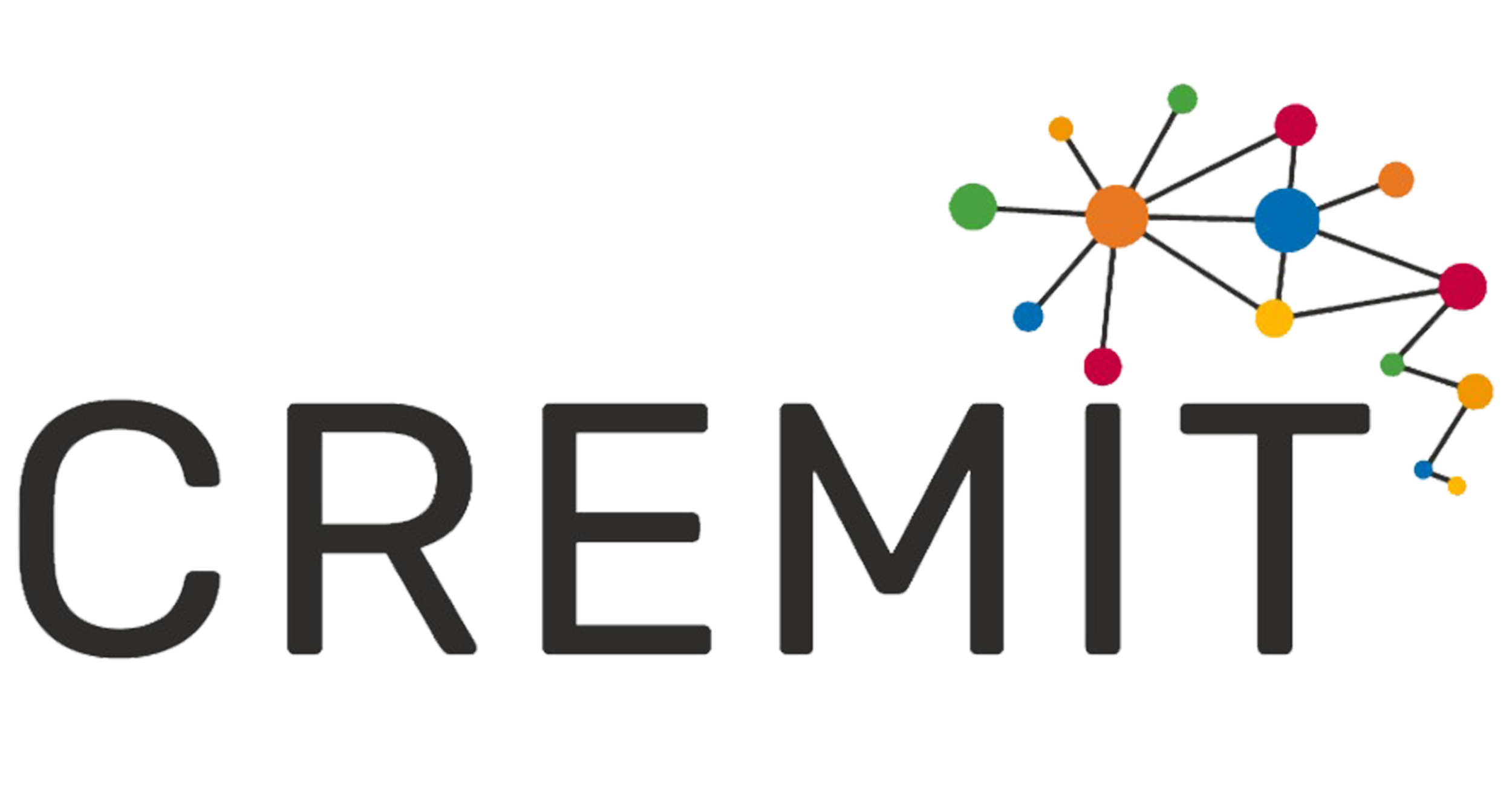
Jesús Conde-Jiménez
(Loyola University)
In recent years, much has been said about digital native terms and digital immigrants, since Prensky (2001a, 2001b) introduced them at the beginning of the first decade of the 21st century. On the one hand, a digital native refers to all those children and young people who were born in full swing of Information and Communication Technologies (ICT), youth whose games have been supported on smartphones and tablets. On the other hand, digital immigrants are all those who were born in a world in which technologies have been arriving, and therefore had to adapt and get used to them.
Considering this situation, we must ask what happens in schools, where both “species” converge: the students, natives; and teachers, immigrants. There has been much talk that teachers are afraid to engage with ICT, because they feel surpassed by their students, who by default are assigned a greater number of digital skills. That is, teachers do not use digital technologies for fear of being exposed to their students, feeling inferior and with some insecurity, which inhibits the application of these technologies (Tejedor, García-Valcárcel & Prada, 2009).
However, a new question arises: are we overestimating the real abilities or competences of our young people, in terms of technological command, it refers to the mere fact of being digital natives? Well, the answer is positive: Yes. In this line, there are already studies that conclude that digital natives are being attributed too much digital dexterity, and, on the contrary, the potential of digital immigrants is being underestimated (Goat & Martial , 2009; García, Gértrudix, Durán, Gamonal & Gálvez, 2011; Flores & Del Arco, 2013; Conde, 2017). Empirical data derived from these studies reflect that teachers have good levels of digital competence, which reveals that not being a digital native is not an impediment to the command, management and use of digital technologies. Specifically, Conde (2017) shows that teachers not only consider themselves as possessing a good level of digital competence, but also that they are perceived with a higher level than that of their students. In addition, this study reveals that students also value the fact that they have a lower level of digital competence than their teachers.
This could make us think that perhaps digital natives do have greater familiarity and mastery of ICT. However, their teachers see the potential of these tools and their transferability for other uses. That is, teachers would be more aware of the value of digital culture as an expansive context for lifelong learning. This would reveal that digital competence goes beyond mere mastery or control of tools, but there is a whole strategic and cultural dimension that has a lot of weight. These ideas converge with what the «European Framework for the Digital Competence of Educators DigCompEdu» (Redecker, 2017), proposes giving teachers a key role for the development of the digital competence of their own students and their empowerment in the digital society. According to Colás, Conde & Reyes (2019), this conception of digital competencies as transformative and empowering skills converges with recent studies on new literacies (New Literacies Studies) that are committed, from sociocultural approaches, to a conception of digital competence that contemplates aspects of more subjective character (Area & Ribeiro, 2012; van Deursen & van Dijk, 2016; De-Pablos, Colás, Conde, & Reyes, 2017).
References
Area-Moreira, M., & Ribeiro-Pessoa, T. (2012). De lo sólido a lo líquido: las nuevas alfabetizaciones ante los cambios culturales de la Web 2.0. Comunicar, 38(XIX), 13-20. doi: 10.3916/C38-2012-02-01
Cabra, F., & Marciales, G. P. (2009). Mitos, realidades y preguntas de investigación sobre los “nativos digitales’”: una revisión. Universitas Psychologica, 8(2), 323-338.
Colás, P., Conde, J., & Reyes, S. (2019). El desarrollo de la competencia digital docente desde un enfoque sociocultural [The development of the digital teaching competence from a sociocultural approach]. Comunicar, 61(XXVII), 1-14. doi: 10.3916/C61-2019-02
Conde, J. (2017). La mediación de las TIC en la creación de ambientes de aprendizaje y el logro de competencias digitales. Tesis Doctoral. Sevilla: Universidad de Sevilla. https://bit.ly/2BX87ae
De Pablos, J., Colás, P., Conde, J., & Reyes, S. (2017). La competencia digital de los estudiantes de educación no universitaria: variables predictivas. Bordón. Revista de Pedagogía, 69(1), 169-185. doi: 10.13042/Bordon.2016.48594
Flores, O., & Del Arco, I. (2013). Nativos digitales, inmigrantes digitales: rompiendo mitos. Un estudio sobre el dominio de las TIC en profesorado y estudiantado de la Universidad de Lleida. Bordón. Revista de Pedagogía, 65(2), 59-74.
García, F., Gértrudix, F., Durán, J. F., Gamonal, R., & Gálvez, M. C. (2011). Señas de identidad del “nativo digital”. Una aproximación teórica para conocer las claves de su unicidad. Cuadernos de Documentación Multimedia, CDM, (22), 110-127.
Prensky, M. (2001a). Digital natives, digital inmigrants. On the Horizon, 9(5), 1 -6.
Prensky, M. (2001b). Digital natives, digital immigrants, part II. Do they really think differently? On the Horizon, 9(6), 1-6.
Redecker, C. (2017). European framework for the Digital Competence of Educators: DigCompEdu. Luxenbourg: Publications Office of the European Union. doi: 10.2760/159770
Tejedor, F. J., García-Valcárcel, A., & Prada, S. (2009). Medida de actitudes del profesorado universitario hacia la integración de las TIC. Comunicar, 33(XVII), 115-124. doi:10.3916/c33-2009-03-002
van Deursen, A., & van Dijk, J. (2016). Modeling Traditional Literacy, Internet Skills and Internet Usage: An Empirical Study. Interacting with Computers, 28(September), 13-26.
Jesús Conde-Jiménez hold a PhD. in Educational Sciences with International Mention by the University of Seville (Spain). He is currently a full-time lecturer in the Department of Communication and Education at the Loyola University. During 2013-2017, he has been a beneficiary of competitive predoctoral grant funded by the National Program of Training of University Teachers (FPU) of the Ministry of Education, Culture and Sport (Spain). In the research aspect, he is a research member of the “Research, Evaluation and Educational Technology” Group (HUM154) since 2011. Currently, he is main researcher of the European project DISCIPLINS (Inclusion through sport), by the partner Loyola University. He has published articles indexed in JCR, Scopus and ESCI of the WOS, among others. He has conducted research stays at Arcola Research (England), at the University of West of Scotland (Scotland), at the University of Algarve (Portugal), at the Università di Macerata (Italy) and at the Università Cattolica del Sacro Cuore di Milano (Italy). Through these stays, he has met the “Research Center on Media Education, Information and Education Technology” (CREMIT) of the Catholic University of Milan, at the last Sirem conference, held in 2018 in Bologna. From then on he is interested in participating in research with Professor Pier Cesare Rivoltella an his team. His main lines of research are: digital competence, ICT, evaluation, fake news, binestar, teaching staff, students, instrument validation, measurement, etc.
ORCID: 0000-0002-4471-5089
Google Scholar: https://cutt.ly/gwH3rnE
Web of Science Researcherid: F-6299-2013
Research Gate: https://www.researchgate.net/profile/Jesus_Conde-Jimenez
Twitter: @JesusCondeJ

![[GLOBAL CREMIT] Who Controls Technologies More: Teachers or Students?](https://www.cremit.it/wp-content/uploads/2019/10/technology-in-the-classroom.png)






